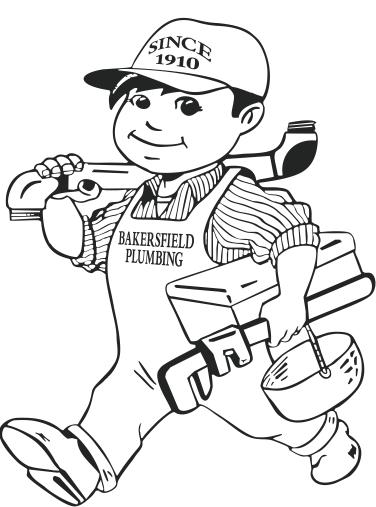As an experienced plumber serving Bakersfield and Kern County since 1910, we at Bakersfield Plumbing Company have encountered and resolved countless plumbing issues, including the common problem of low water pressure. Whether you’re dealing with a frustratingly weak shower or a trickling kitchen faucet, low water pressure can disrupt your daily routines and signal underlying plumbing issues. In this blog post, we’ll delve into the causes of low water pressure and provide actionable solutions to help you restore the steady flow of water in your home.
At Bakersfield Plumbing Company, we’re committed to providing top-notch plumbing services to our community. If you’re experiencing low water pressure or any other plumbing issues, don’t hesitate to contact us. Our team of experienced plumbers is here to help you with all your plumbing needs.
Low water pressure can be a nuisance, but with the right knowledge and professional assistance, it’s a problem that can be effectively resolved. By understanding the common causes and implementing the suggested solutions, you can restore the steady flow of water in your home and ensure your plumbing system operates efficiently. For expert plumbing services in Bakersfield and Kern County, trust the professionals at Bakersfield Plumbing Company.
Feel free to reach out to us for any plumbing concerns or to schedule a service appointment. We’ve been proudly serving our community since 1910, and we’re here to ensure your home’s plumbing runs smoothly for years to come.
Contact Us!
4625 District Blvd Blvd, Bakersfield, CA 93313
(661)397-2093

Address:
4625 District Boulevard
Phone:
(661) 397-2093